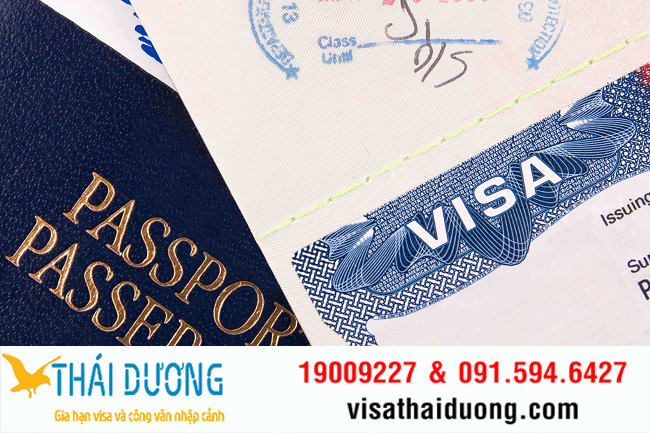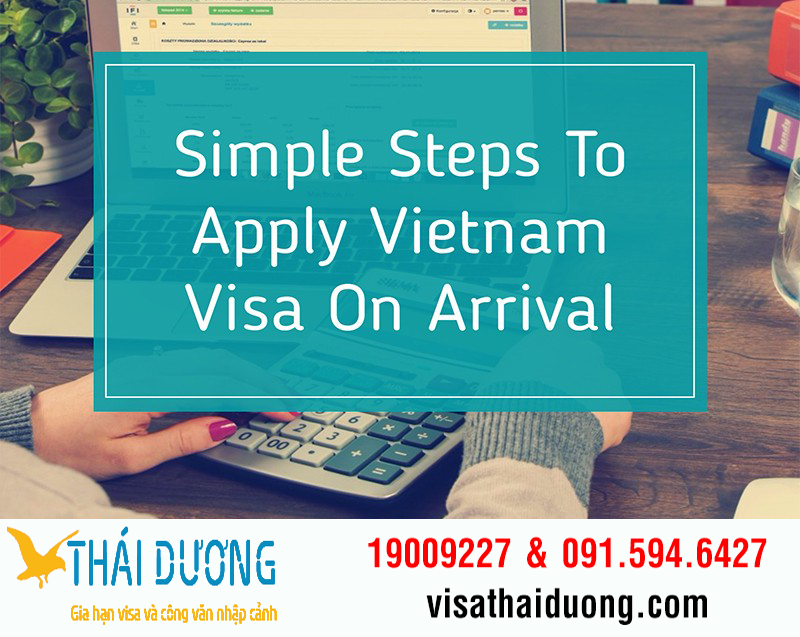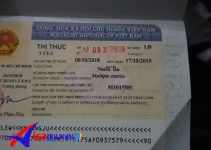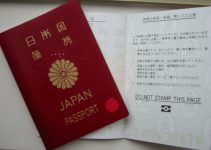Work Permit & Visa for Vietnam
Work Permit & Visa for Vietnam – Are you contemplating moving to Vietnam? Then read the Guide on Vietnam for more information on important topics for expatriates, such as visa categories, geography and climate, expat-friendly destinations, and getting around in this fascinating country.
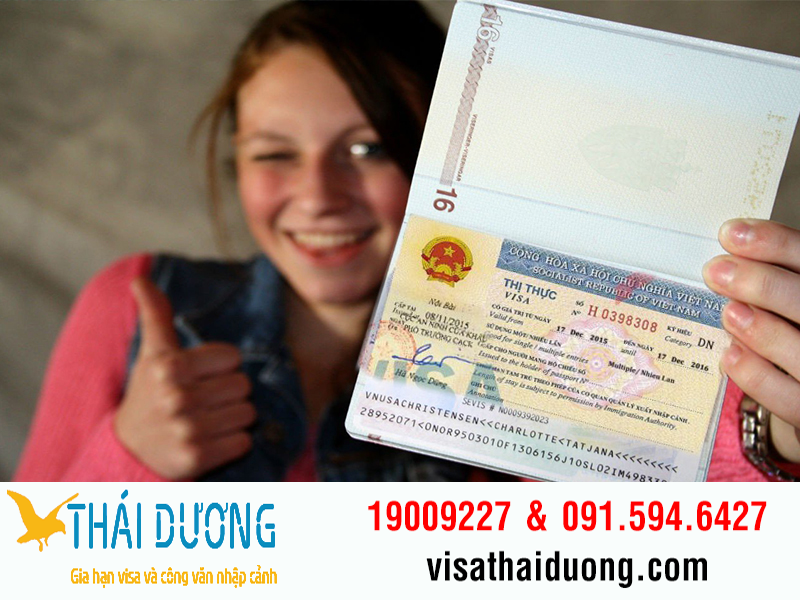
Work Permit & Visa for Vietnam – làm giấy phép lao động bao công ty
Visa Categories
Before you move to your new temporary home, you need to obtain a visa that allows you to stay in Vietnam for the required amount of time. Depending on the purpose and the duration of your stay, there are different types of visas available:
- A tourist visa is available for one month as a single-entry or multiple-entry permit. The maximum duration of this visa is 30 days.
- Business visa are a little trickier. Applicants need to get an official entry clearance from their sponsor, usually their employer. This visa allows for multiple entries and lasts for up to one year.
- If you plan to apply for a business visa, you have to obtain approval from the Vietnamese Immigration Department through your sponsor. If you do not have a business partner, employer, or other sponsor who can provide you with an entry clearance, you can also apply for a business visa for a stay of up to 90 days.
- Diplomatic and official visa can be applied for without having to pay any visa fees. Applicants are, however, required to submit an official letter by their government office or foreign mission.
Applying for a Vietnamese visa: A strict system
Many expatriates travel to their host country before the beginning of their assignment for a fact-finding trip, to find a place to live or to visit potential schools for their children. Some countries have bilateral agreements with Vietnam allowing their Citizens to enter Vietnam freely for short-term (15 days for most of them) visits. If that is the case, you do not have to obtain a tourist visa.
Longer stays and business visits, however, always require a visa. Make sure to submit your application well in advance of your departure. Documents you have to submit (unless stated otherwise) are:
- Valid passport.
- Completed application form.
- Passport-sized photograph.
- Application fee.
- Criminal record.
- Authorization document issued by the Immigration Department.
The exact paperwork you need to submit as well as the application fees, of course, depend on the type of visa you apply for, the duration of your stay, the number of intended entries and the purpose of your trip.
You can pay your visa fees via postal order or check. Make sure to contact the nearest Vietnamese embassy or consulate for details. In fact, the regulations tend to change at a fast pace in Vietnam, and as a result governmental information can be conflicting or outdated.
Visa on arrival: beware of scams !
Certain websites offer online visas in exchange for a fee. Vietnamese embassies have issued a message to warn travelers that those websites are not official, and that they often fail to issue visas. Also, certain travelers thought they were covered by these websites, but once at the airport in Vietnam, the authorities refused them the entry, and they had to go back to their country of origin.
Only the following applicants are eligible for a visa on arrival:
- Those departing from a country where there is no competent Vietnamese visa-granting agency.
- Those traveling through many countries before entering Vietnam.
- Those visiting Vietnam on tours organized by an international travel agency operated in Vietnam.
- Foreign crew members on board vessels anchored in Vietnam’s seaport wishing to exit through another border gate.
- Those visiting Vietnam to attend a relative’s funeral or visit a seriously ill family member.
- Those entering Vietnam to engage in emergency response, search/rescue activities, disaster or epidemic control or for other special purposes at the request of a competent authority in Vietnam.Xin cong van khan
Before entering Vietnam, applicants for a visa on arrival must apply for a letter issued by the Immigration Department (Ministry of Public Security), Consular Department or Ho Chi Minh City Department of Foreign Affairs (Ministry of Foreign Affairs).
Work permits and residential cards: legislation changes happen regularly
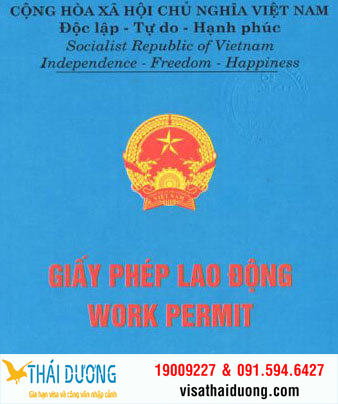
Work permits and residential card
Unfortunately, a business visa is not sufficient if you plan to live and work in Vietnam on a long-term basis, and you will need a work permit if you are going to stay longer than three months.
>>> Xin visa tại cửa khẩu Mộc Bài
Legislation in Vietnam changes very often, and this has also been the case for work permits. In fact, the government issued a decree in February 2016 which aims to simplify the work permit process, even though the decree it replaced had just been implemented in 2013.
Source: https://www.internations.org
